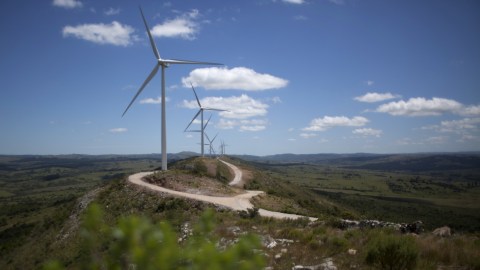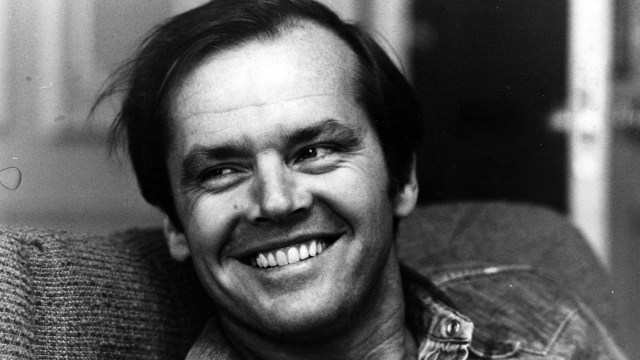Uruguay Just Showed Up Everyone at the Paris Climate Conference

As the climate talks in Paris continue, Uruguay just took a huge step forward in slashing its carbon footprint. The country was pleased to report that 95 percent of its electricity now comes from renewable energy.
It took Uruguay 10 years to accomplish this feat of engineering, but it stands as a beacon of hope for other, smaller countries that may soon have to make the transition. So, how did a country of 3.4 million make this happen without the help of government subsidies?
It started when Uruguay’s politicians decided the issue of clean energy was a multipartisan problem that needed to be solved. They began by making a longterm commitment to change back in 2008 in the form of an energy policy plan, which set guidelines “to be followed to develop the energy sector from 2005-2030.” The country surpassed its goals, which resulted in a country that used to rely on electricity imports from Argentina, now, exports to them. Uruguay has sold a third of it’s power to Argentina, according to the country’s head of climate change policy, Ramón Méndez, in an interview with The Guardian.
The endorsement across Uruguay’s political parties helped build a strong foundation for this policy, but it would be the relationships built between public and private sectors that created the infrastructure to get the country on renewable energy.
“What we’ve learned is that renewables is just a financial business,” Méndez said to The Guardian. “The construction and maintenance costs are low, so as long as you give investors a secure environment, it is a very attractive.”
Ahead of the Paris talks, Morocco had also made investment plans to build several solar mega-plants (in addition to hydro and wind plants) that would supply half of the country’s electricity by 2020. Soon Morocco will be reaping the rewards of its investment into a better energy infrastructure.
***
Natalie has been writing professionally for about 6 years. After graduating from Ithaca College with a degree in Feature Writing, she snagged a job at PCMag.com where she had the opportunity to review all the latest consumer gadgets. Since then she has become a writer for hire, freelancing for various websites. In her spare time, you may find her riding her motorcycle, reading YA novels, hiking, or playing video games. Follow her on Twitter: @nat_schumaker
Photo Credit: NICOLAS GARCIA / Stringer





